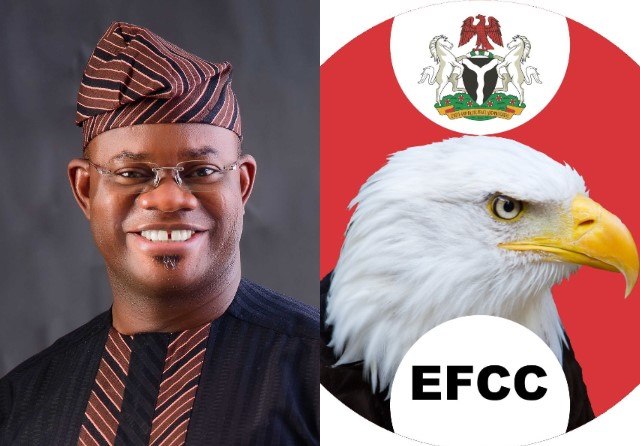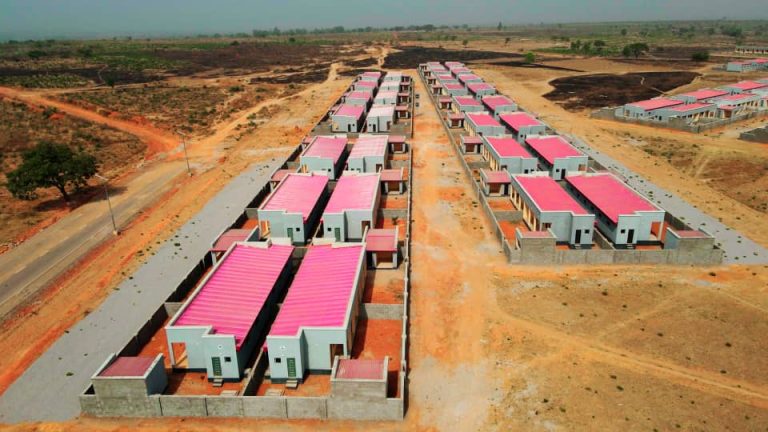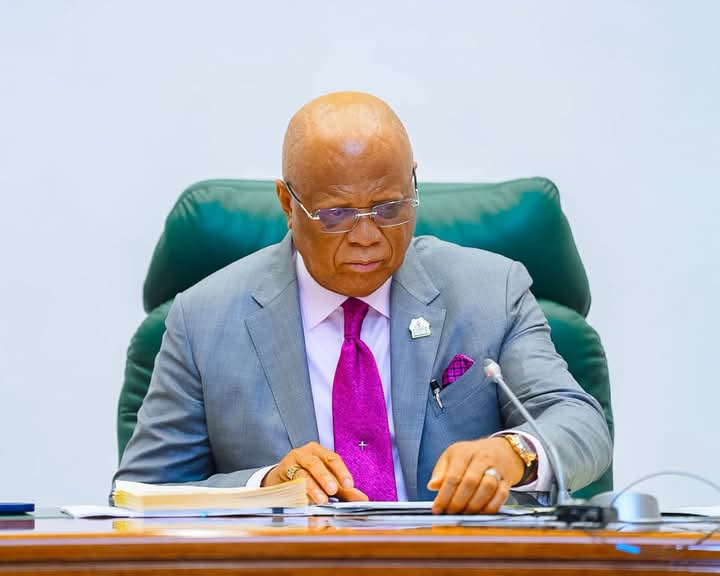
By Iliyasu Haruna Bala
The Economic and Financial Crimes Commission (EFCC) has been at the forefront of Nigeria’s battle against corruption since its inception in 2003. Despite notable successes, including 3,175 convictions and N156 billion recovered between May 29, 2024, and the present, corruption remains a pervasive and deeply entrenched issue. This raises fundamental questions about Nigerian society’s willingness to confront and overcome this scourge.
Recent developments surrounding Yahaya Bello, former governor of Kogi State, have brought the issue into sharp focus. The EFCC’s allegations of diversion of billions of naira intended for the people of Kogi, coupled with testimony revealing lavish personal expenses, including $300,000 for his daughter’s school fees, have sparked intense debate.
Corruption’s tentacles extend far beyond the realm of politics, infecting every aspect of Nigerian life. From healthcare and education to infrastructure and economic development, the consequences of corruption are stark. Diverted funds intended for essential public services leave citizens vulnerable to inadequate healthcare, substandard education, and crumbling infrastructure. Corruption undermines trust in government and institutions, fostering disillusionment and social unrest. Economic stagnation and inequality result from corrupt practices, stifling innovation and perpetuating poverty.
The EFCC, under Chairman Ola Olukoyede, has demonstrated unwavering commitment to combating corruption. Notable achievements include the recovery of N156 billion in stolen funds and 3,175 successful prosecutions, as well as ongoing investigations into high-profile cases, including Yahaya Bello’s alleged diversion of funds.
Despite these efforts, corruption persists, fueled by a lack of transparency and accountability, inadequate institutional frameworks, and cultural and social norms tolerating corrupt practices.
The backlash against the EFCC chairman’s efforts to prosecute Bello, with some organizations and individuals calling for the agency’s scrapping or the chairman’s removal, raises concerns about societal attitudes toward corruption. Are Nigerians sympathetic to corruption? Do some view corrupt officials as beneficiaries of a system that rewards cunning and connections rather than honesty and hard work?
According to Dr. Abiodun Adeniyi, an anti-corruption expert, Nigeria’s struggle with corruption is complex, involving historical, cultural, and socio-economic factors. Addressing corruption requires a multifaceted approach, including institutional reforms, education, and civic engagement. Nigerians must recognize corruption’s devastating impact and demand accountability from leaders. The EFCC’s efforts must be supported, and those who engage in corrupt practices must face consequences.
Civil society organizations, religious leaders as well as traditional leaders have a critical role in promoting transparency and accountability. The Nigeria Civil Society Situation Room, a coalition of organizations, has consistently advocated for anti-corruption reforms. Convener Cynthia Mbamalu emphasizes the importance of civic engagement, stating that Nigerians must participate in the budgeting process, track expenditures, and demand transparency. We must hold our leaders accountable and support anti-corruption efforts.
To overcome corruption, Nigeria must strengthen institutions, enhance the EFCC’s capacity, ensure independence, and promote transparency. Civic engagement is crucial, educating citizens on corruption’s consequences and encouraging participation in governance. Cultural norms must be addressed, promoting values of integrity, honesty, and accountability. Whistleblowers must be protected, and those who expose corruption rewarded.
Nigeria’s corruption challenge is rooted in its colonial and post-colonial history. The discovery of oil in the 1950s created a culture of dependence on natural resources rather than productive economic activity. Military regimes from the 1960s to 1990s further entrenched corruption, exploiting state resources for personal gain. The return to democracy in 1999 brought hope for change, but corruption persisted.
Nigeria’s institutional framework is inadequate to tackle corruption. The EFCC faces limited resources, and inadequate legislation. The National Assembly’s reluctance to pass critical anti-corruption bills, such as the Whistleblower Protection Bill, and creation of full pledge anti-corruption courts undermines efforts to combat corruption in Nigeria.
Corruption is often normalized in Nigerian society, with many viewing it as a necessary evil, a way of life and a culture to emulate. Education and awareness campaigns can help shift cultural norms, promoting a culture of integrity and accountability.
Nigeria requires international cooperation to combat corruption. The EFCC’s partnerships with global agencies, such as the FBI and Interpol, have yielded significant successes. However, more needs to be done to track illicit financial flows, prosecute cross-border corruption, and enhance international cooperation.
Nigeria’s struggle against corruption is ongoing. The EFCC’s efforts, though commendable, require societal support. It is time for Nigerians to recognize corruption’s devastating impact and demand change. Nigeria’s future, democracy, economic development, and social cohesion hang in the balance. The time to act is now.
- Iliyasu Haruna Bala, writes from Jabi, Abuja.




